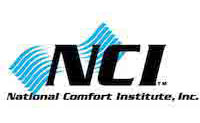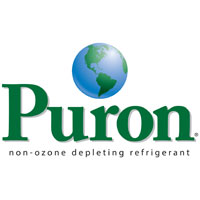Do you really need to have maintenance performed on your heating and cooling system? After all, HVAC maintenance can be pricey and there’s no guarantee that the person who comes out to see your unit will actually find anything wrong. Indeed, many homeowners who are on a tight budget tend to skip maintenance whenever possible, preferring instead to hope that their HVAC unit will run just a little longer. If you own a home, you need to understand that HVAC maintenance is just as important as any other kind of home maintenance. Without, you might suffer several problems.
The first set of problems that you might encounter without proper maintenance is related to your family’s health. An HVAC unit that has not been properly maintained can encounter several problems. At the very least, the air quality of your home might become inadequate, leading to respiratory issues. You might have to deal with something more severe, though, like loose electrical wires and even open flames. In a worst-case, though distressingly common, scenario, you might even have to deal with carbon monoxide leaks. If you keep up with your maintenance, you can avoid many of these problems before they start.
If you manage to avoid the physical issues caused by poor maintenance, you probably won’t avoid the financial problems that come from the same problem. A poorly maintained unit is more likely to break down and more likely to do so catastrophically. This means higher repair bills – generally much higher than the cost of having maintenance done. Even if the unit doesn’t break down, it won’t work as efficiently as the original design would suggest. That means higher energy bills for you across the course of the year and a shorter life for your HVAC system.
So, should you have HVAC maintenance done? Of course you should! If you fail to do so, you’re putting your HVAC unit and health in danger. All you need to do to avoid problems is get your regular maintenance done. For more information about HVAC units, HVAC safety and home needs, make sure to follow us.













